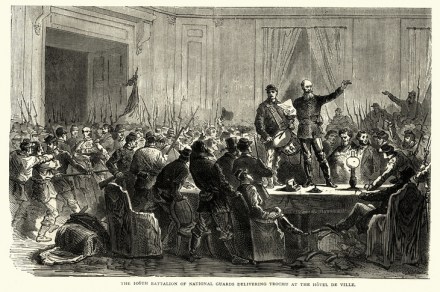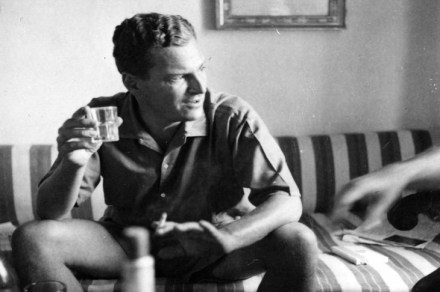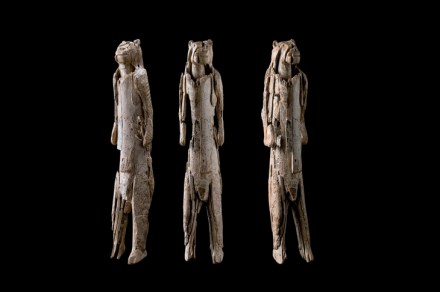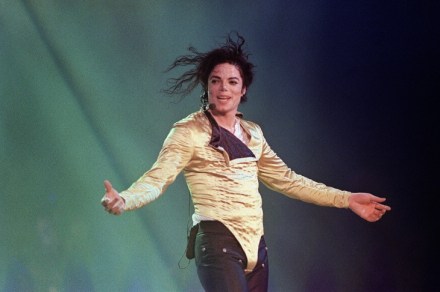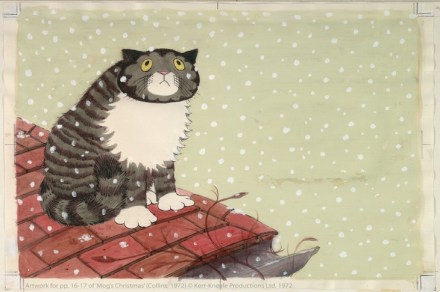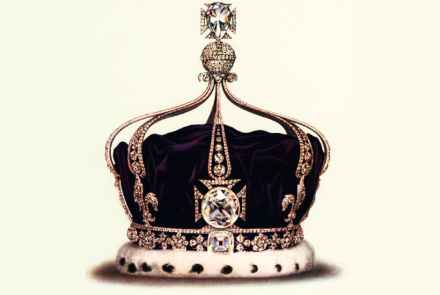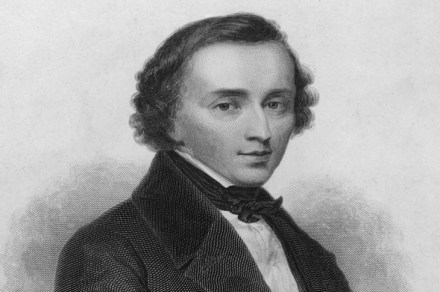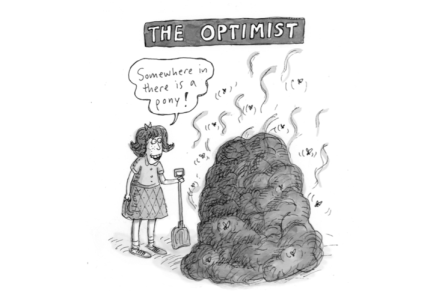Books Podcast: how genes can predict your life
In this week’s Books Podcast I’m talking to the behavioural geneticist Robert Plomin about his new book Blueprint: How DNA Makes Us Who We Are, in which he argues that it’s not only height and weight and skin colour that are heritable, but intelligence, TV-watching habits and likelihood of getting divorced. I asked him about the risks he takes publishing this book, the political third rail of race and eugenics, and what his discoveries mean for the future of our data and for medical care. You can read Kathryn Paige Harden’s review of Blueprint, meanwhile, in this week’s magazine.





